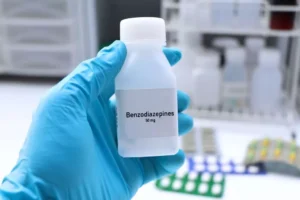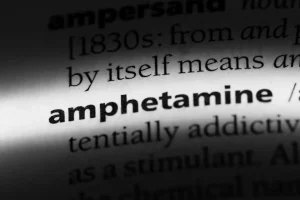The Jellinek Curve: The 5 Stages of Alcoholism and Recovery

For some people, AUD has hurt their relationships, careers, health, finances, self-esteem, and other aspects of their lives. Your body has acclimated to quitting drinking over the past couple of years. Alcoholics in this stage have a hard time controlling their drinking. They may begin drinking early in the day and plan their day around their drinking. In social situations, they may be unable to stop drinking when others do and find that they can’t handle as much as they previously could without becoming drunk. Blackout episodes, where the individual does not remember what they’ve said or done while drinking, may occur.
Supported living
Go to an Al-Anon or Alateen meeting or set up an appointment with a mental health https://ecosoberhouse.com/article/alcohol-abuse-and-narcissism-how-are-they-linked/ professional. At the end of the day, the person with addiction has to be willing to accept help. There are factors that pop up again and again when determining who might have an issue with alcoholism. If you’re in the « at-risk » population, it doesn’t take much to become dependent on alcohol or other drugs.

Alcohol’s Effects on Other Liver Cell Types
But esophageal varices are prone to rupture, and when they do, the alcoholic can bleed to death. Stopping is impossible at this point without professional help because of the severe and potentially life-threatening withdrawal symptoms that would occur if they quit cold turkey. By this stage, their drinking is taking an obvious physical toll as well. They may appear red in the face or look bloated and generally unwell.
Stage 2: Higher Alcohol Tolerance Levels
Each stage has notable symptoms, but everyone will experience them differently. But it has since been adapted for drug use and other addictions like porn and gambling. You’ll soon start receiving the latest Mayo Clinic health information you requested in your inbox.

The primary symptoms of stage three include high tolerance to alcohol, physical symptoms, and more obvious drinking behaviors. The middle stage of alcoholism is when 5 stages of alcoholism drinking interferes with everyday life. However, outcomes with steroids have been variable (Thursz et al. 2015). Current guidelines suggest discontinuation of therapy if there is no indication of a decrease in bilirubin levels by day 7 of treatment (European Association for the Study of the Liver 2012). Schematic depiction of the role of Kupffer cells (KCs) and hepatic stellate cells (HSCs) in promoting alcohol-induced inflammatory changes and progression to fibrosis and cirrhosis.
I’m In Recovery

Severe alcohol use disorder is any AUD in which a person might meet six or more of the criteria listed in DSM-5. At this level of alcohol misuse, a person is at high risk for both short- and long-term adverse health effects. You may notice your loved one going out to party and drinking more than they used to or beginning to use increasing amounts of alcohol. Early misuse may transition from your loved one grabbing a drink immediately after work to having 3-4 drinks every day after work to escape from stress until bedtime. For others, misuse of alcohol could coincide with misuse of medications or other drugs or using them in dangerous situations. Alcohol use disorder, commonly referred to as alcoholism or alcohol addiction, does not develop suddenly.
Stage 1: Experimenting and Binge Drinking
- Even if they recognize that their use is out of control, they feel unable to stop.
- At this stage, the person is usually not aware of the risk of dependence.
- This stage of alcoholism is difficult to notice, even for the person misusing alcohol.
- In each stage, there are signs and symptoms, or red flags to be aware of.
By this stage, the physical, emotional and social consequences of alcoholism are severe, and it’s crucial that you get immediate support. Though recovery is still possible, prolonged alcoholism can affect your health in the long-term. Often termed the ‘prodromal’ phase, this stage is when people start to drink more often, which can lead to some dangerous consequences. You might experience occasional memory blackouts as a result of your drinking, and you might find yourself drinking on your own or in secret. Over time, you might rely on alcohol more and more in order to navigate the complexities of your daily life, signalling that you’ve developed a dependency on alcohol. The journey from casual drinker to end-stage alcoholism is one that’s complex and unique to each person.
: Sober living | Tags:
Vous pouvez suivre les prochains commentaires à cet article grâce au flux RSS 2.0

 Service commercial : 01 80 88 43 02
Service commercial : 01 80 88 43 02
Répondre
Désolé vous devez être connecté pour publier un commentaire.